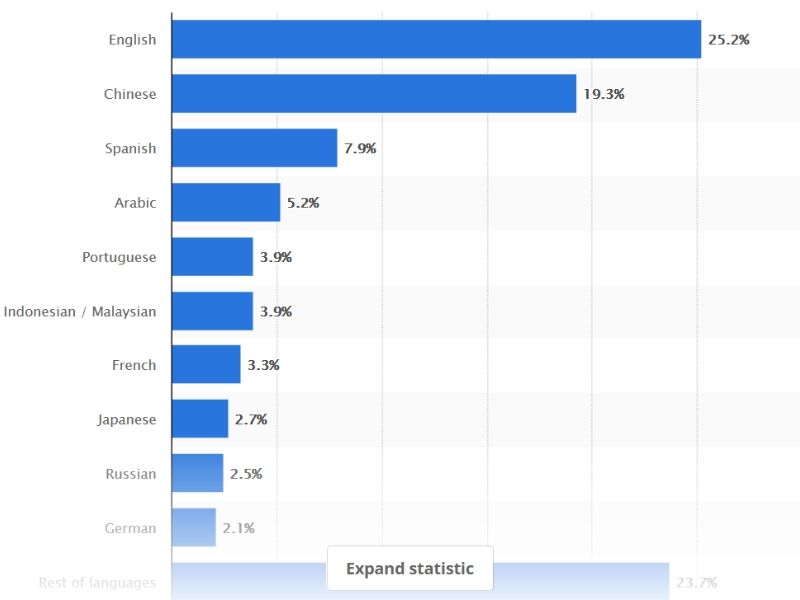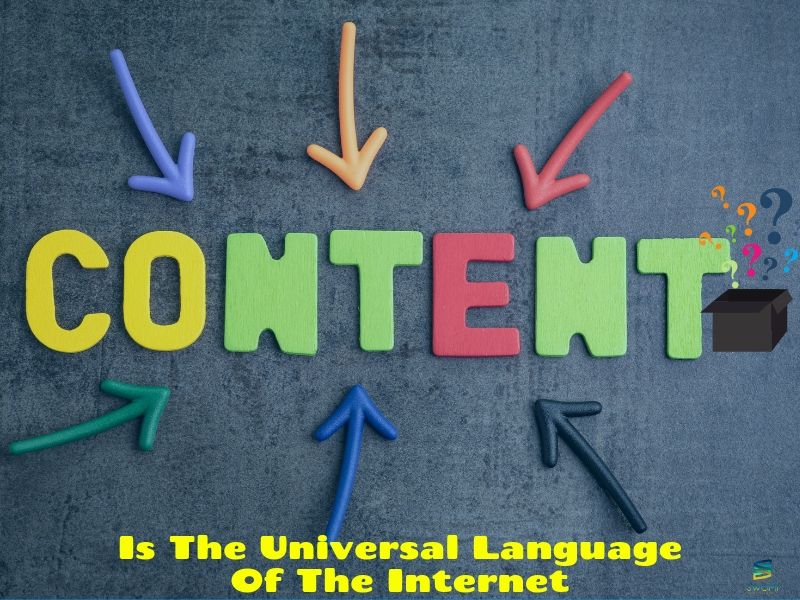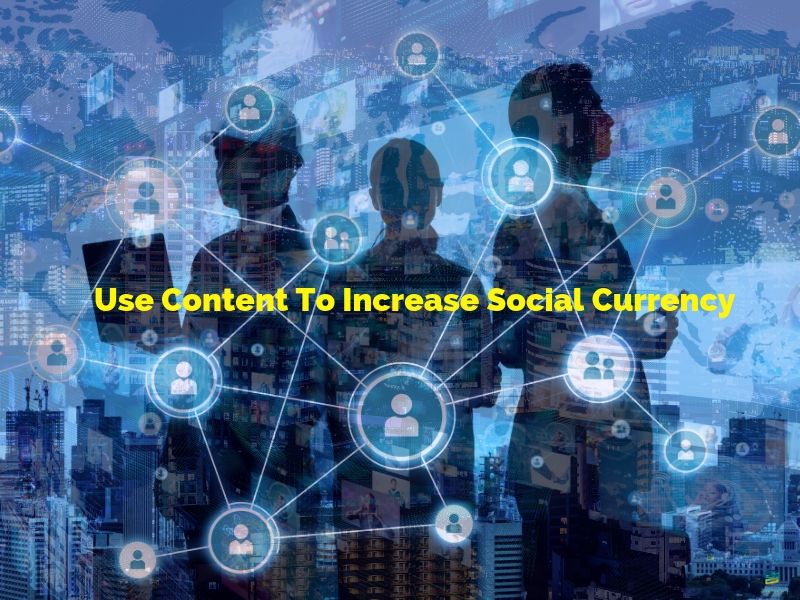We all speak the same online language – Content!
https://soundcloud.com/leavv/within-chillhop-essentials-fall-2017#t=0:10
When you go online, what are you doing? Chances are you are interacting with content in some way or form. This looks like reading, watching, commenting, or sharing something. That “something” can be videos, articles, pictures, or even just clicking a website link.
Content means almost everything and anything. Content surrounds us everywhere. Simultaneously, we create a trail of content anytime we go online, making us all Content Creators.
As Content Creators, we are all fluent in creating and sharing content as a means of making new friends, keeping in touch with old ones, and impressing acquaintances. Content is the internet’s Universal Language. And Content is part of our everyday conversation.
Unlike spoken languages, the Universal Language of Content communicates and actively builds social value, online recognition, and financial value.
People Create And Share Content To Fill Their Social Needs

All social behavior, online or offline, is driven by one of these 5 needs:
1. Learning – explore, seek opinions, stay on top of current events
2. Relationship – stay in touch, belonging
3. Diversion – have fun, escape, hang out
4. Progression – build a career, make money
5. Recognition – express yourself, earn respect, self-promotion
So many of our fundamental social human needs are reliant on our ability to go online. With people having less face-to-face interaction, digital connection is becoming more and more important. In particular, the need for recognition is universal. The line between personal success (real life) and online reputation (digital life) is deeply interlinked. Especially for the younger generation, it is second nature to create and curate their online personas even Emoji Poems. This means everyone manages their content sharing strategy. And what do people share? They share content to communicate something about themselves to others – their identity, their views, or their beliefs.
People Use Content To Increase Their Social Currency

Why do people value their reputations so much? According to a study, our brains literally value having a good personal reputation just as much as receiving money.
“The National Institute for Physiological Sciences in Aichi, Japan, mapped neural responses in the brain to different rewards. One reward was financial; subjects played a card game and were rewarded with money for winning. The second was reputational; subjects were shown a picture of their face with a positive or negative description underneath, supposedly written by their peers. When the subject’s brain was monitored it showed that the brain responded in exactly the same way to the financial reward as it did to positive reputation.”
In many ways building up of social currency actually has more benefits than money. With quality relationships, the benefits range from being referred for a new job, to living longer, and being less stressed. On the other hand, hoarding money without any type of human connection quickly spirals downhill. Which is basically Scrooge’s lifestyle in Charles Dickens A Christmas Carol. And last time we checked, no one was aiming to be like Scrooge.
Content builds a person’s social currency and, as a result, has the potential to create a reputation economy. By definition, “An economy is an area of the production, distribution, or trade, and consumption of goods and services by different agents.” In context of a reputation economy, social currency will be produced, distributed, and traded through the consumption of online content.
Social Currency Translates Into Financial Value
Social Value leveraged into financial value sounds nice, but are everyday people capable of doing it? The answer is yes. The matter of the fact is people are already using social media platforms to generate money for their online content.
Influencers are the clearest example of social currency being leveraged into financial value. Influencers attract a loyal, niche following by regularly pumping out quality content relevant to their audience. And majority of Influencers are on social platforms and English Speaking.
Language Use On The Internet

Big businesses who want access to that Influencer’s network pay the Influencer to feature sponsored content. Because the Influencers have the social currency, their audiences trust them and are more likely to purchase an Influencer’s recommendations. Influencers have a highly trusted Word of Mouth.
“Yesterday blogging was an activity people did to indulge their own passions. Now bloggers are superstars and there’s a huge amount of money to be made in the blogosphere. As a result people see the value in curating a positive online persona. They may not want to be bloggers themselves but the link between having a strong online reputation and success has been made very clear.”
Word Up:
The Universal Language of Content is fast becoming an internet user’s natural second language. Content is everything. And content fulfills social needs, builds online reputations, and increases social currencies and financial benefits. All of these new functions of content operate within a reputation economy where content is the key in producing, trading, and sharing the value of our online reputations. We are all learning the Universal Language of Content together.
Little do people know, it is possible to truly benefit from your online content (without large corporations unjustly making profits from your content). If you are looking to increase the social currency of your brand, sign up for a SwomiBUZZ Flyer. They use automation technology to directly connect a curated audience to your website or blog. Visit Swomi to learn more.
sources: nips.ac.jp/eng/ statista.com veracontent dalneitzel






